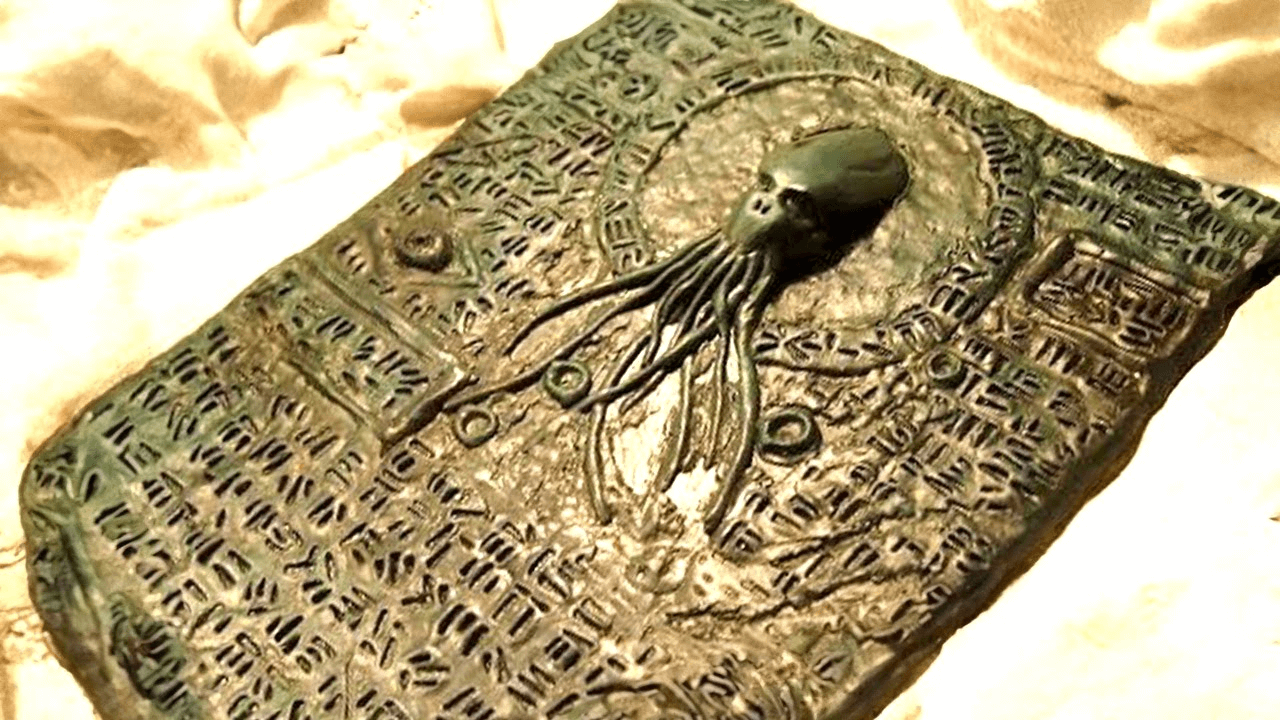



The Book of Judith, a text shrouded in mystery and controversy, has long been a subject of fascination among scholars, theologians, and conspiracy theorists. For over two millennia, this ancient text, considered apocryphal by some and canonical by others, has sparked debates about its historical authenticity and spiritual significance. But beyond its literary and theological value, many believe that the Book of Judith contains hidden truths that have been intentionally suppressed—truths that reveal profound insights about the nature of mankind, the divine, and the cosmic struggle between good and evil.
The Origins of the Book of Judith
The Book of Judith is believed to have been written sometime between the late 2nd century BCE and the early 1st century BCE. It tells the story of Judith, a courageous and devout widow, who delivers her people from the tyranny of Holofernes, a general of Nebuchadnezzar. Through cunning and unwavering faith, Judith infiltrates the enemy camp and beheads Holofernes, leading her people to a miraculous victory. While the story is set against the backdrop of ancient Israel, many scholars argue that it is more allegorical than historical, with layers of symbolism embedded within its narrative.
The Banning and Suppression
Despite its inclusion in the Septuagint, the ancient Greek translation of the Hebrew Bible, the Book of Judith was excluded from the Hebrew canon. This exclusion has led to speculation about why the text was marginalized. Was it merely a matter of theological disagreements, or was there a deliberate attempt to suppress its message? Some theories suggest that the book’s themes of female empowerment and divine intervention threatened patriarchal structures and religious orthodoxy, leading to its censorship in certain traditions.
In the centuries that followed, the Book of Judith was preserved in the Catholic and Eastern Orthodox canons but remained absent from Protestant Bibles after the Reformation. This selective inclusion has fueled speculation about the text’s hidden meanings and the reasons behind its contested status.
Hidden Truths and Allegories
Those who delve deeper into the Book of Judith often uncover what they believe to be esoteric messages about the human condition and the cosmic order. Some interpret Judith’s triumph over Holofernes as a metaphor for the eternal struggle between light and darkness, faith and despair. Others see it as a symbolic account of humanity’s potential to overcome insurmountable odds through courage, wisdom, and divine guidance.
More controversial interpretations suggest that the Book of Judith contains veiled references to ancient knowledge about the origins of mankind. Certain passages have been linked to theories about extraterrestrial intervention in human history, echoing themes found in other apocryphal and pseudepigraphal texts. These interpretations, while speculative, add to the allure of the book as a source of hidden wisdom.
Modern Revelations
In recent years, renewed interest in the Book of Judith has been fueled by discoveries of ancient manuscripts and advancements in biblical scholarship. Some researchers claim that newly uncovered fragments of the text contain variations that hint at deeper, previously overlooked meanings. These findings have reignited debates about the book’s purpose and the intent of its author.
Moreover, the Book of Judith’s themes of resilience, faith, and justice resonate deeply in today’s world, where questions about morality, leadership, and human potential remain as relevant as ever. Whether viewed as a historical account, a literary masterpiece, or a repository of hidden truths, the Book of Judith continues to captivate and challenge those who seek to understand its mysteries.
The Terrifying Truth
What makes the Book of Judith so compelling is its ability to confront readers with uncomfortable truths about the human experience. It forces us to grapple with questions about power, morality, and the role of faith in shaping our destiny. For some, the book’s narrative serves as a stark reminder of humanity’s capacity for both greatness and destruction. For others, it offers a glimpse into a hidden history that challenges conventional understandings of our origins and purpose.
In the end, the Book of Judith remains a powerful and enigmatic text, one that continues to inspire and provoke those who dare to explore its depths. Whether its truths are divine, historical, or otherworldly, one thing is certain: this ancient book has not yet revealed all its secrets.



